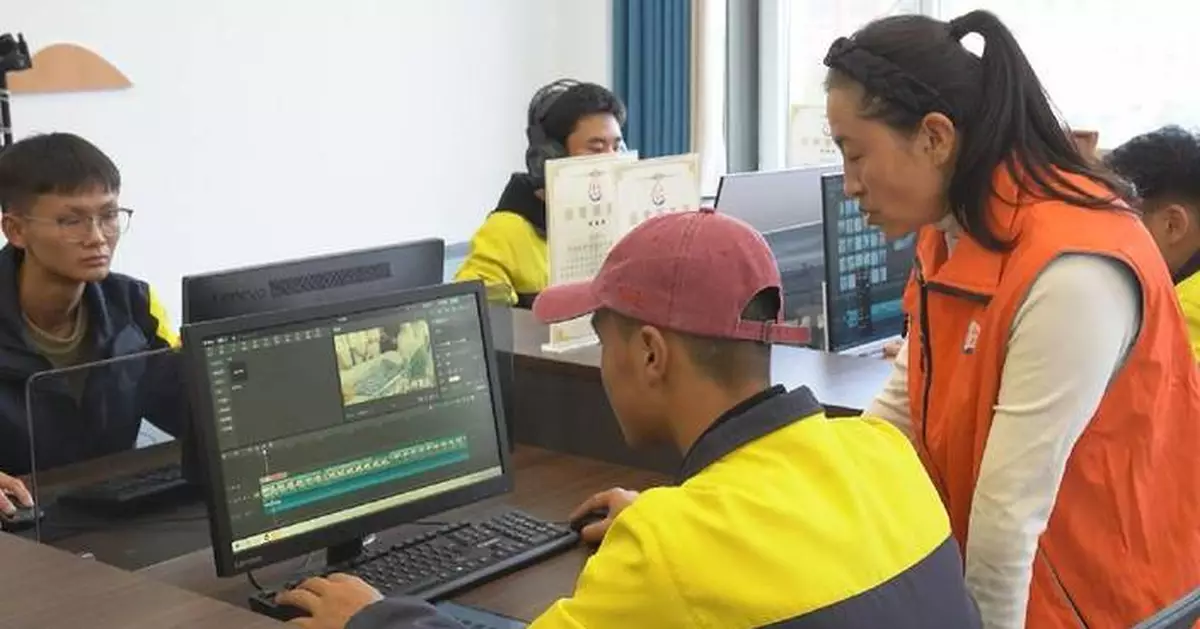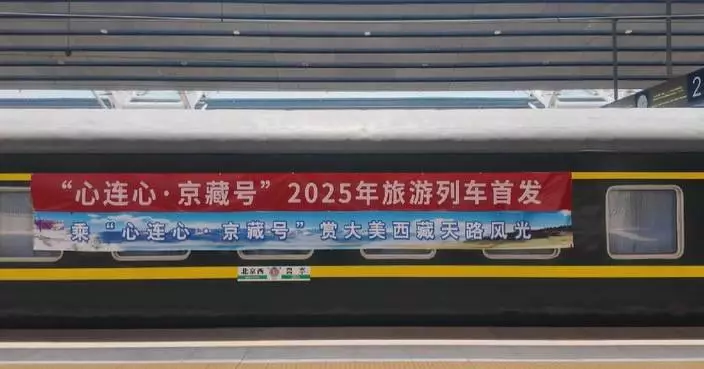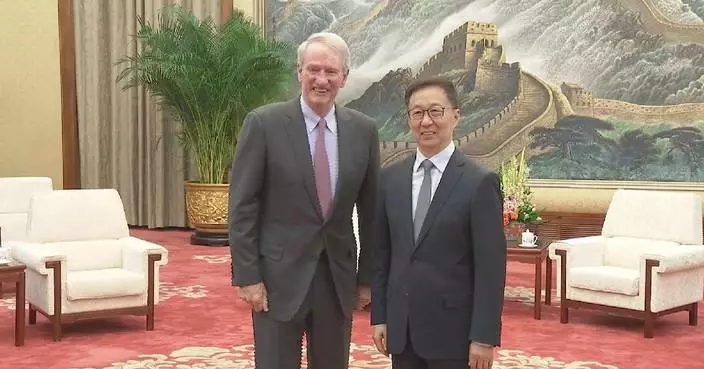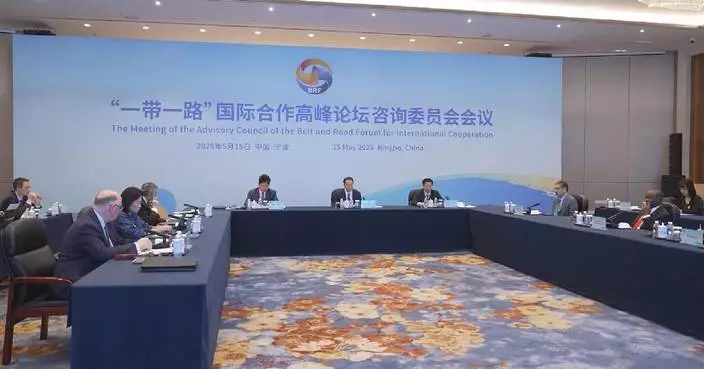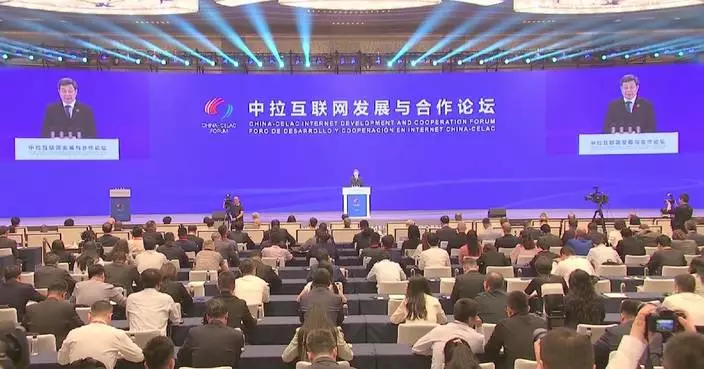China is set to introduce further policies to enhance people's well-being in 2025, including measures to support employment and improve grassroots healthcare services, said an official of the National Development and Reform Commission (NDRC) on Friday.
According to the data from the NDRC, over 240 billion yuan (about 33 billion U.S. dollars) of government funds has been allocated in 2024 to improve living standards and address key social needs.
To boost social employment, China built more than 400 public training centers nationwide in 2024, with more than two million people receiving vocational skills training throughout the year.
Additionally, over 2,700 work-for-relief projects aimed at providing employment were advanced across the country last year, creating jobs for more than three million people, which effectively increased employment among low-income groups in less developed areas.
To improve medical services, high-level hospitals contributed to the development of the 125 national medical centers across different regions with national support in the year.
Moreover, more than 10 billion yuan (about 1.4 billion U.S. dollars) has been allocated in 2024 to support the creation of integrated medical and health consortia at the county level, with 30,000 hospital wards, each designed for 2 to 3 patients, renovated and upgraded.
In 2025, China will continue to focus on employment support for key groups, including college graduates, veterans, and migrant workers, while also intensifying efforts to enhance grassroots medical services.
"This year, we will continue strengthening efforts to ensure and improve people's livelihood, introducing more measures to benefit the general public and enhance their sense of gain. Employment support programs, along with large-scale vocational training initiatives, will be rolled out, focusing on improving the vocational skills of groups such as college graduates, veterans, and migrant workers. We will also expand work-for-relief policies and increase the scale of labor compensation. Also, we will improve social services for elderly and child care. Healthcare services will be strengthened to ensure that more people can enjoy high-quality medical care close to their homes," said Yuan Da, deputy secretary-general of the NDRC, at a press conference in Beijing.
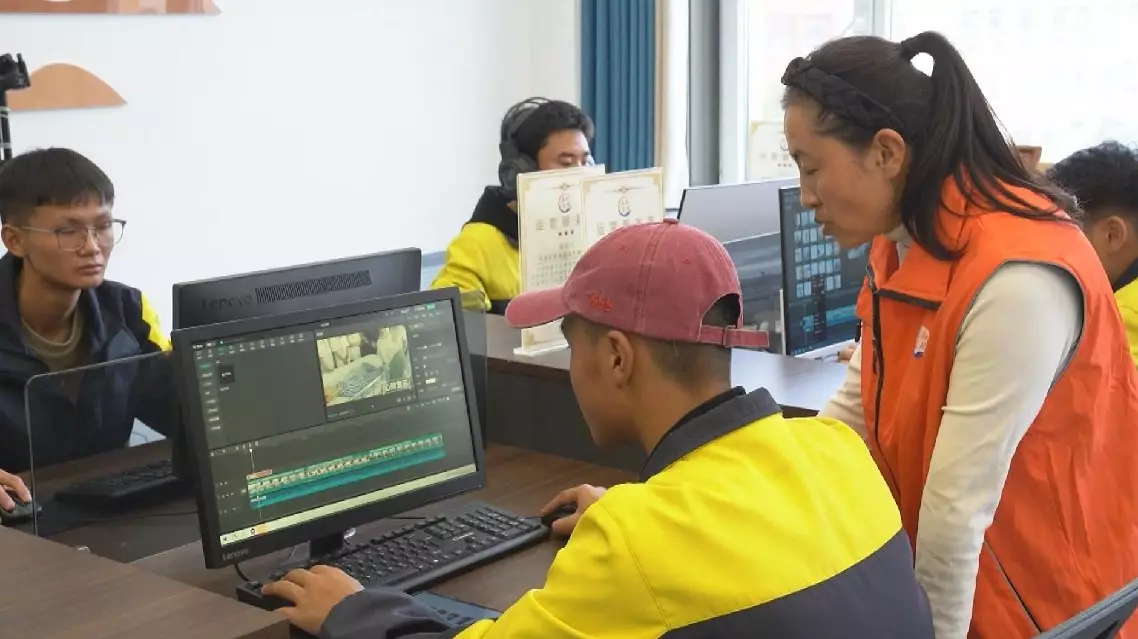
China to strengthen support for employment, healthcare in 2025
Black-necked crane, a rare species under China's first-class national protection, has been living in harmony with local residents over the past years in their plateau paradise -- southwest China's Xizang Autonomous Region, thanks to the ecological conservation efforts made by local authorities and the care provided by the locals.
Every autumn, the village of Jianda in Shigatse City welcomes some distinguished guests -- over 1,000 black-necked cranes dressed in their elegant black-and-white "tuxedos".
Jianda is their exclusive "winter palace", where they are looked after by 75-year-old Tenzin. He has born witness to the village’s time-honored proud tradition of harmony with nature.
In this model of "human-crane cohabitation", the cranes stand guard as the farmers till their fields and they dance while the livestock graze on pasture. And in the golden glow of sunset, the village's chimneys puff out smoke to a chorus of crane calls, in celebration of a timeless pact between humans and birds.
Every year, when the wintering season ends and the cranes prepare to leave Jianda, Tenzin is always reluctant to part with his pets.
"They're leaving for Changtang [Plateau] again. I can't help but feel a bit reluctant to see them go," said Tenzin.
The black-necked crane, dubbed the "panda of birds", is the world's only crane species that breeds and lives on plateau. They mainly inhabit swamps, lakes, and floodplains at an altitude of 2,500 to 5,000 meters. In China, black-necked cranes are mainly distributed across the Qinghai-Xizang Plateau and the Yunnan Guizhou-Plateau.
Their food includes plant leaves, rhizomes and algae. The presence of the black-necked cranes is a sufficient indicator of the sound environment of the plateau wetland ecosystem.
Xizang has always prioritized eco-environmental conservation and kept reminding itself that conserving the ecology of the Qinghai-Xizang Plateau is the greatest contribution to the survival and development of the Chinese nation, said a white paper issued by the Chinese government in March.
The region is committed to maintaining harmony between humanity and nature in modernization. It also strives to continuously improve eco-environmental governance and protect biodiversity on the Qinghai-Xizang Plateau, according to the white paper.
Xizang has established 47 nature reserves of all kinds, covering 412,200 square kilometers. According to the second survey of terrestrial wild animals, there are 1,072 terrestrial wild vertebrate species and 246 wild animal species under special state protection in Xizang.

Black-necked cranes coexist peacefully with humans in their plateau paradise



